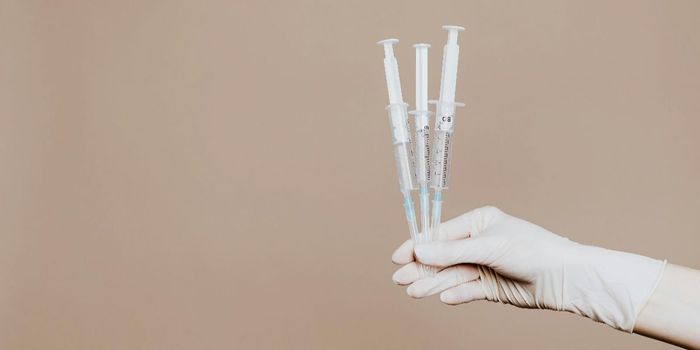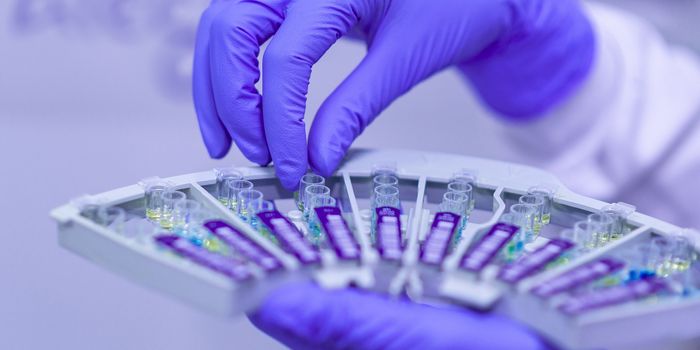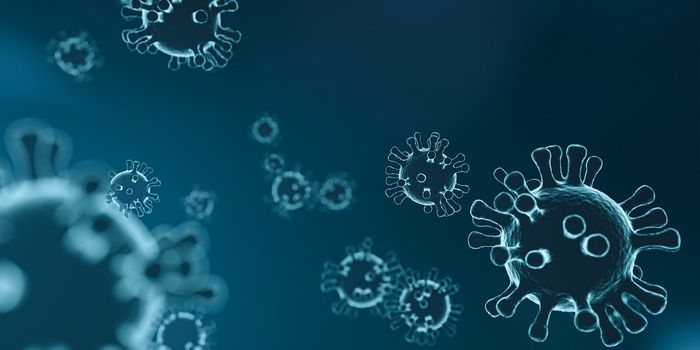Scientists Underestimate the Role of Platelets in Immune Defense
There’s more to blood platelets than blood clotting, according to scientists from Ludwig-Maximilians-Universitat Munchen (LMU) and their newest study published in the journal Cell. Platelets, although lacking nuclei, also play a role in protecting the body from bacteria, viruses, and other microbes.
Platelets, AKA thrombocytes, are the human body’s smallest blood cells, famous for their work with wound-healing via blood coagulation, or clotting. In constructive situations, platelets plug up holes in the endothelial tissue, a layer of cells that lines every blood vessel. In destructive situations, platelets can promote blood clots that block blood flow. The new Cell study explores the role of platelets - of which there are more than 750 billion in the adult human bloodstream - in defense against pathogens.
“They have the capacity to actively migrate within the organism, to interact with pathogens and immobilize them,” explained lead author Florian Gartner.
Gartner and colleagues followed the movement of individual platelets during inflammatory reactions. "Not only do they attach to bacterial cells by passively sticking to the vascular wall, they are also capable of active locomotion," Gartner explained.
This means that platelets are actively moving about during an infection or other context of inflammation. And when they bump into foreign particles, like bacteria, platelets are capable of gathering them into groups. This activates neutrophils, a population of immune cells that generally arrive first at the scene of an infection, which are phagocytes, which means they can swallow and digest the bundles of bacteria collected by platelets.
Gartner and the other study authors describe this platelet activity as “like street sweepers cleaning up debris.”
Why haven’t scientists discovered this “platelet versatility” before? Because platelets lack nuclei, researchers just didn’t think they were capable of contributing to the immune response how they now know they can. This leads to the question: What else can cells without nuclei do?
The present study’s findings open multiple doors for further research, including new ideas for treating inflammation - by inhibiting platelet movement - and for treating infections - by boosting the activity of platelets.
"This is a very striking demonstration that the cytoskeletal apparatus responsible for cell motility does not depend on the presence of a nucleus," Gärtner said.









